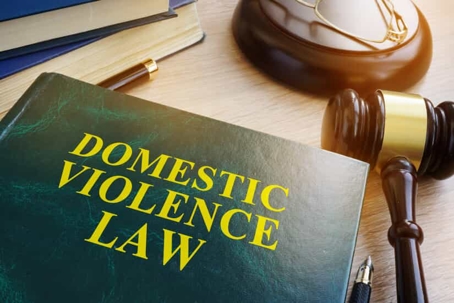One of the most serious crimes you can be convicted of is a crime of domestic violence. Whether it is a felony or a misdemeanor the consequences are far reaching and don’t just stop at the courthouse.
Background Checks
Most crimes of domestic violence cannot be expunged under the current laws in North Carolina, this means that once a conviction is on your record it is there to stay. Furthermore, many of the private background check companies will go so far as to mark these convictions on your record as crimes of domestic violence.
Work Consequences
One of the more severe consequences of a Domestic Violence conviction is the effect on your employment. Because these crimes are generally always going to be on your record there is not a way to hide them from a potential employer. Furthermore, many companies have policies that may allow them to terminate your current employment for a conviction of a crime of domestic violence.
Housing Consequences
Another long-term effect of a domestic violence conviction is on housing. Many apartments, leasing companies, property management companies, and private housing rentals require a background check prior to signing and starting a lease, and most of these places will not rent to someone who has a conviction for a crime of domestic violence.
Gun Rights
While the conviction of any felony will make you firearms ineligible, so will the conviction of any misdemeanor crime of domestic violence. Federal law states that upon the conviction of any crime of domestic violence, misdemeanor or felony, the person convicted will become ineligible to possess any firearm. This means that not only can you not own a firearm, that you cannot possess it in any way.
Stigma
The last major consequence of a conviction of domestic violence is the stigma that comes with such a conviction. Many times, the arrest for these crimes is publicized on numerous sources all over the internet, this combined with the personal nature of such crimes usually means there is no hiding these kinds of convictions from friends, co-workers, or other people you know. This inability to hide these kinds of charges is often made worse by the emotional nature of such matters, when the alleged victim will often have friends and family come to court to hear the allegations and while the criminal justice system operates under the guilty until proven innocence rule, often the public, does not. This means that avoiding a conviction is very important to keeping the horrible stigma of these sorts of allegations away from you.

